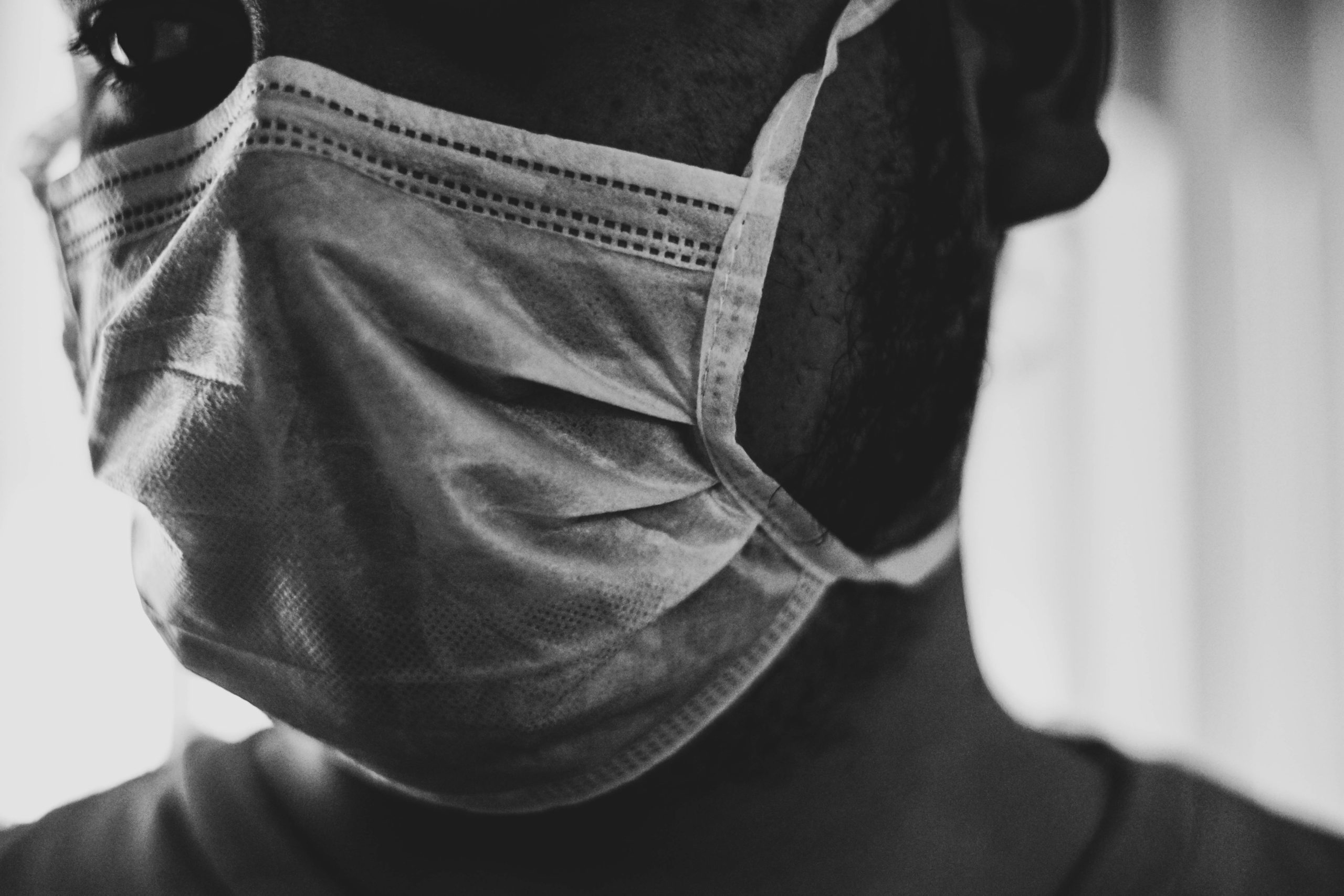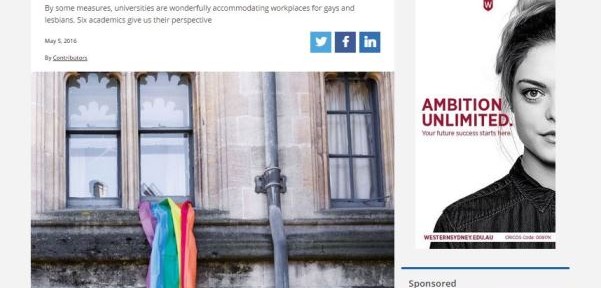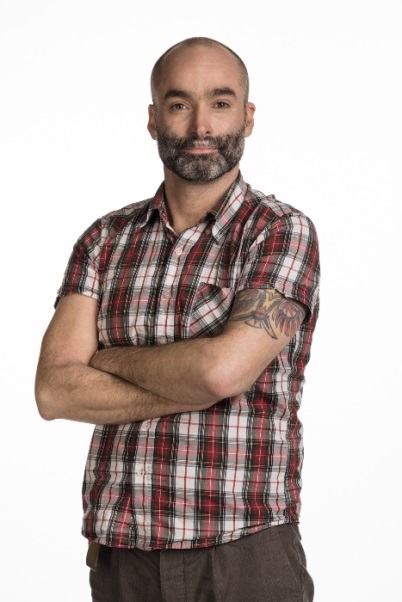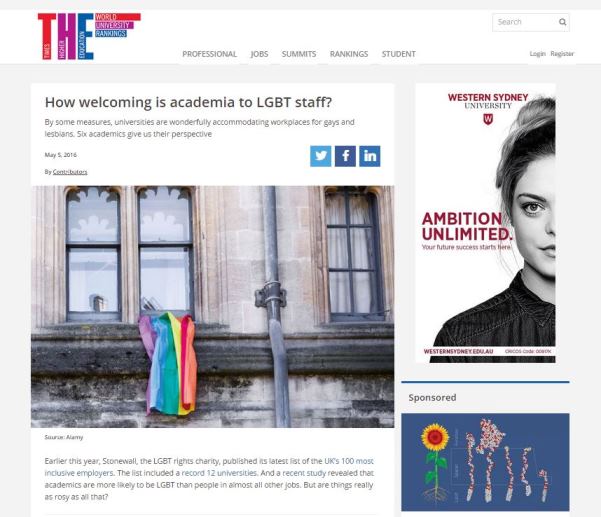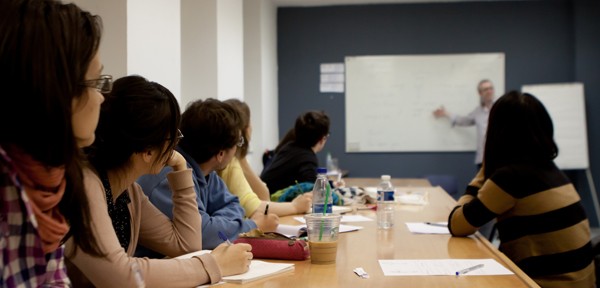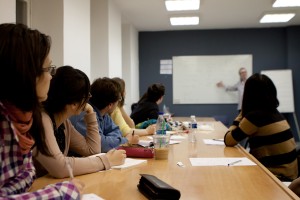Dr William Ackah, Lecturer in Community and Voluntary Sector studies, reflects on how COVID-19 is disproportionately affecting Black, Asian and other global majority heritages.
I watched my first virtual funeral this week. I and around 80 others joined the 15 or so people who were physically present in Bristol UK to say goodbye to an amazing woman. I first met this woman nearly 20 years ago, when I moved to the city. She was then recovering from a brain tumour operation. My wife and I would give her a ride to our local church and on the way she would tell us stories about her nursing career in Britain and the obstacles she had to overcome as woman of Jamaican heritage to gain recognition in her profession. She would talk with pride about her children making lives for themselves in the UK and in the United States and of her dream that when she was able to drive again, she would buy herself a Jaguar. I never quite believed that she would get the car, but lo and behold eventually she did. She was the quite the character, one of a number of wonderful people in that congregation in St Pauls in the heart of the city.
I fondly remember tasty lunches with people of Indian heritage, playing games with families from Singapore, becoming a godfather to a daughter of Malawian descent, being pastored by a man of white south African descent and praying and fasting with Nigerian descendants, Guyanese, Ghanaians, Jamaicans, Brazilians, Romanians, Croatians, Australians and white and black British. In that small church we weaved an international tapestry that criss-crossed continents, cultures and identities. Doctors mingled with taxi drivers, who talked to cleaners, dentists, lawyers, barbers and cooks. It was a living, breathing community with a network that was global in its reach and connections. The death of one the precious members of that community at this time is a very hard pill to swallow.
The bitterness of death is made even harder by the fact that the precious life of this woman will barely register outside of her immediate community. She alongside so many others will invariably be reduced to a BAME statistic. Night after night via the media and the data machine of the day, complex individuals with amazing stories and profound life experiences are reduced to racialised entities. In this reduction they are robbed of their humanity and their dignity. In life they faced discrimination in death they face denigration by statistics.
The primary data sets that reference the Black British experience primarily tell their/our story in proportion or disproportion to the ‘white’ population. The value of Black lives therefore according to the data only exists in relation to ‘whiteness’. This invariably leads to them/us becoming a freak side show. Them/us are people that require further research and investigation, as opposed to being human beings that first and foremost need support and protection!
The statistics reveal that people from Black, Asian, and other global majority heritages are dying in some cases at four times, the rate that ‘white’ people are. A question that should be asked is why is this public health disaster only warranting calls for a public enquiry and a Public Health England investigation? We might not know why they/us are more prone to the virus, but we do know without question that they/us are particularly vulnerable so why are they/us not being shielded as a matter of priority? Why are they/us not being placed on automatic furlough? Why are the circumstances around Black deaths not considered a national health emergency that demands immediate action?
Why oh why yet again after Windrush, Grenfell and so many other countless failings by the authorities of this nation are Black citizens once again left to suffer and die? Time after time like clockwork all we hear are words of regret and the promise of an investigation. Is that really all we are worth? Is this nation pathologically predisposed to continually s…t on its non-white citizens?
When a migrant descendant doctor, nurse, care worker, bus driver, supermarket assistant dies the impact often goes far beyond that of their immediate family. ‘Successful’ migrants and their descendants are often at the apex of complex and unfolding pyramids of influence. Their finances, knowledge and influence support communities and individuals both locally and globally. Where the state is absent here and abroad these women and men are often a vital cog in sustaining families and communities. COVID-19 is fracturing these community structures and the state through its lack of action to protect its ‘global majority’ citizens is adding salt to the wounds.
The country faces challenging times ahead. How we treat minorities and the vulnerable in a time of crisis is a true test of how ‘Great’ a nation we are. Britain’s Black, Asian and other descendant communities with origins from all over the globe have demonstrated once again their courage, loyalty, and integrity to support the nation in its time of need. What will the nation do in return? We need a systematic and comprehensive plan backed by substantial resources to eradicate racialised discrimination from our society. It is ultimately the only way to end the curse of the BAME label and stats with all their marginalising characteristics and connotations. There are many lessons that the nation needs to learn from this life-changing event, but one must be that it is time to end the madness of racialised inequality in this country once and for all.

